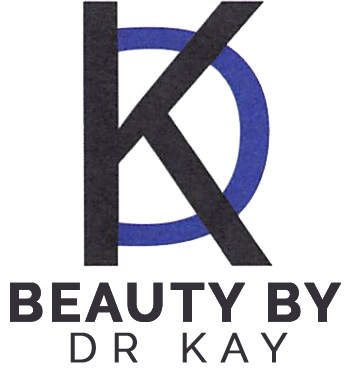
Protein is more than just a fitness buzzword — it’s the building block of your body. From skin and muscles to enzymes and hormones, protein plays a central role in repair, regeneration, and overall vitality. But with the rise of plant-based diets and endless supplement options, many people are left wondering: what’s the difference between animal and plant proteins? And how much do you actually need to thrive?
Animal protein is considered a “complete” protein because it contains all nine essential amino acids your body can’t produce on its own. Found in meat, poultry, eggs, dairy, and fish, animal protein sources are highly bioavailable — meaning your body absorbs and uses them efficiently. They’re especially rich in leucine, an amino acid critical for muscle protein synthesis and recovery. However, they can also come with higher levels of saturated fat or cholesterol, depending on the source.
On the other hand, plant-based proteins — from sources like beans, lentils, tofu, quinoa, nuts, and seeds — are often “incomplete,” meaning they lack one or more essential amino acids. However, by combining different plant proteins (like rice and beans), you can achieve a complete amino acid profile. Plant-based proteins also offer fiber, antioxidants, and phytonutrients, making them ideal for metabolic and gut health. That said, they’re generally less bioavailable, and you may need to consume more to match the same benefits you’d get from animal protein.
So how much protein do you really need? The standard recommendation for the average adult is about 0.8 grams of protein per kilogram of body weight. But for those focused on longevity, skin integrity, or muscle preservation — especially women over 40 or anyone on a weight loss journey — a higher intake of 1.2–2.0 grams per kilogram is often more beneficial. That’s roughly 90–120 grams per day for a healthy adult woman. Protein pacing — distributing intake evenly throughout the day — also helps with satiety, blood sugar stability, and collagen support.
Bottom line: whether you’re a carnivore, plant-lover, or somewhere in between, the goal is to hit your protein targets consistently with quality sources. Pay attention to how your body feels, recoveries, and energy levels. Remember, protein isn’t just for bodybuilders — it’s essential for anyone who wants to age gracefully, maintain skin elasticity, and support a strong, healthy metabolism.


